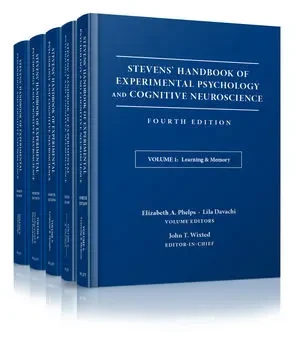Gramsci's Pathways
Smartfox Books Code: PR1835
$51.72 USD
Normally: $86.20
all categories: $34.48 off
Normally: $86.20
Normally: $86.20
Please allow up to 4 weeks for shipping. As its shipped from our Auckland warehouse there is no unexpected import charges, custom duties or taxes.
Condition: BRAND NEW
ISBN: 9781608466924
Format: Trade paperback (US)
Year: 2017
Publisher: Haymarket Books
Description:
Gramsci's works, in particular his Prison Notebooks, are a real 'workshop' of activity. Even though these texts were the product of a great mind and an organic conception of the world, the particular context in which they are written poses challenges for their interpreters. Gramsci's Pathways is a philological 'excavation' of the pathways of Gramsci's thinking that brings us closer to an author who is more 'widely-known' than he is understood. The first part of the volume deals with central themes of Gramsci's worldview such as the concepts of the state, civil society, ideology, common sense, morality and conformism. The second part deals with Gramsci’s relations with thinkers as diverse as Machiavelli, Marx, Engels, Labriola, and Togliatti. Lastly, the third part offers some reflections on the metaphors used by Gramsci as well as contemporary views of the Sardinian Communist.
Condition: BRAND NEW
ISBN: 9781608466924
Format: Trade paperback (US)
Year: 2017
Publisher: Haymarket Books
Description:
Gramsci's works, in particular his Prison Notebooks, are a real 'workshop' of activity. Even though these texts were the product of a great mind and an organic conception of the world, the particular context in which they are written poses challenges for their interpreters. Gramsci's Pathways is a philological 'excavation' of the pathways of Gramsci's thinking that brings us closer to an author who is more 'widely-known' than he is understood. The first part of the volume deals with central themes of Gramsci's worldview such as the concepts of the state, civil society, ideology, common sense, morality and conformism. The second part deals with Gramsci’s relations with thinkers as diverse as Machiavelli, Marx, Engels, Labriola, and Togliatti. Lastly, the third part offers some reflections on the metaphors used by Gramsci as well as contemporary views of the Sardinian Communist.

















.jpg)
















































ulva-Logo.jpg)
